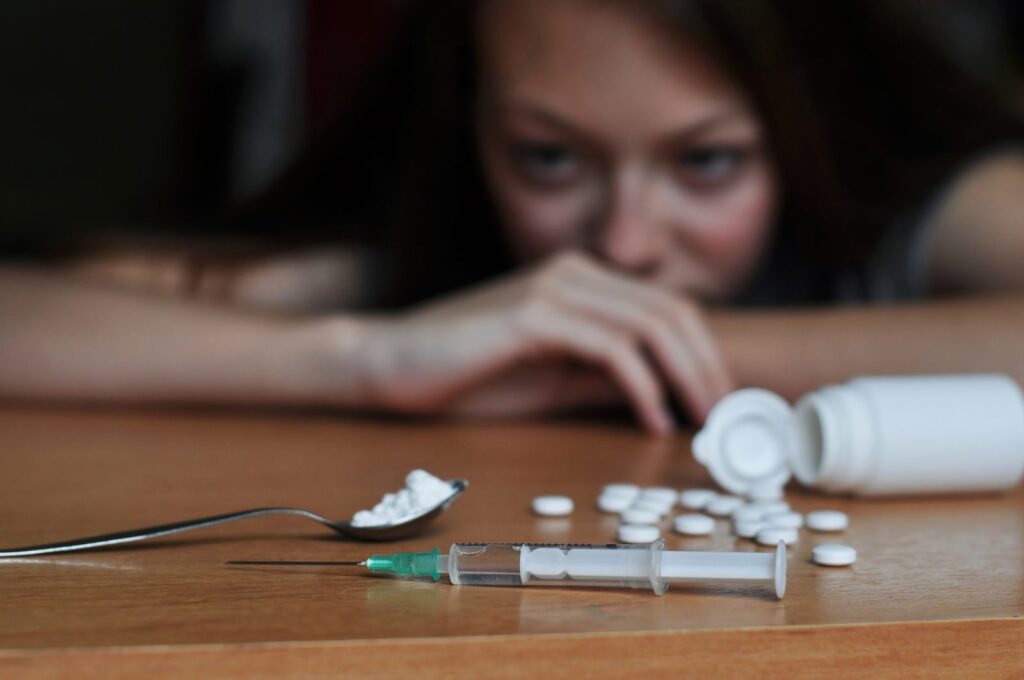Many people who suffer from addiction also suffer from mental health disorders. This is known as dual diagnosis or co-occurring disorders. Treatment for dual diagnosis involves both addiction treatment and mental health treatment. This can be a challenge, but it is important to address both conditions in order to achieve a successful recovery. Explore what dual diagnosis treatment includes below and how it can help you or someone you love overcome addiction and mental health issues.
What Is Dual Diagnosis?
Dual diagnosis is the term used to describe when an individual suffers from both addiction and a mental health disorder. Mental health disorders can include depression, anxiety, bipolar disorder, schizophrenia, or other forms of mental illness. Dual diagnosis treatment seeks to address both conditions in order to create a holistic, comprehensive plan for recovery.
Dual diagnosis treatment typically includes:
- Psychotherapy: This form of therapy helps individuals identify underlying problems that may be involved in their dual diagnosis. It also provides an opportunity for individuals to work through any thoughts or feelings that may be exacerbating their addiction or mental health disorder.
- Medication Management: Proper medication management is essential for dual diagnosis treatment as medications are often part of a dual diagnosis recovery plan. Medication management includes monitoring the effectiveness of medications, adjusting dosages as needed, and ensuring that medications are being taken safely and correctly.
- Group Therapy: Group counseling settings provide a supportive environment in which dual diagnosis patients can discuss their experiences with others who understand what they are going through. Group therapy also helps individuals gain insight and skills from each other that can be useful in their recovery process.
- Holistic or Alternative Therapies: Holistic and alternative therapies can provide dual diagnosis sufferers with relaxation techniques, such as mindfulness meditation, yoga, acupuncture, and massage therapy. These therapies can help individuals manage their symptoms while also providing an opportunity to focus on the whole person instead of just one aspect of dual diagnosis treatment.
Because dual diagnosis requires a comprehensive plan that addresses both a person’s addiction and mental health issues, treatment is often complex and requires an individualized approach in order to achieve successful recovery.
Challenges Associated with Having a Dual Diagnosis
Having a dual diagnosis can present some unique challenges, such as difficulty in accurately diagnosing both conditions or feeling overwhelmed by the prospect of managing two conditions. Additionally, many individuals with dual diagnoses may lack family and social support, which can make recovery more difficult.
It is important to remember that recovery from addiction and mental health issues is possible. With the right treatment plan and support system, you or someone you love can overcome addiction and live a healthier life. If you are struggling with a dual diagnosis, it is important to seek professional help so that an appropriate treatment plan can be created for your individual needs.
The road to recovery from addiction and mental health disorders can be challenging but also rewarding. By seeking professional help, understanding what dual diagnosis treatment includes, and having the right support system in place, you or someone you love can move forward with a successful recovery.
Benefits of Dual Diagnosis Treatment
- Helps individuals gain insight into their mental health
- Provides individuals with the tools to manage both psychological and addiction issues
- Gives individuals an opportunity to build a support system and find community resources
- Reduces risk of relapse by addressing underlying issues contributing to addiction
Ultimately, dual diagnosis treatment helps individuals successfully recover from addiction and mental health disorders. It is important that dual diagnosis sufferers seek professional help in order to ensure they are receiving comprehensive care for both conditions. With proper dual diagnosis treatment, individuals can achieve long-term recovery from addiction and mental illness.
What Health Conditions Does Dual Diagnosis Treat?
Dual diagnosis treatment can be used to address a variety of mental health issues in conjunction with addiction, including:
- Depression
- Anxiety
- Bipolar disorder
- Schizophrenia
- Personality disorders
- Post-traumatic stress disorder (PTSD)
- Borderline personality disorder
- Obsessive-compulsive disorder (OCD)
What Is the Success Rate for Dual Diagnosis Treatment?
The success rate of dual diagnosis treatment varies from person to person. However, research shows that when individuals receive comprehensive care for both their addiction and mental health issues, they are more likely to achieve long-term recovery. This is why it is so important for dual diagnosis patients to receive the correct treatment in order to ensure they are receiving the best care possible.
Is Dual Diagnosis Treatment Covered by Insurance?
Most insurance companies cover some or all treatments related to dual diagnosis treatment, although coverage may vary depending on the individual plan. It is important for dual diagnosis patients to contact their insurance company directly in order to determine what forms of treatment are covered by their policy.
What Happens After Dual Diagnosis Treatment?
It is important for dual diagnosis patients to continue to receive follow-up care after their treatment has ended. This includes continuing to attend support groups, counseling sessions, and other forms of therapy. Additionally, it is important for individuals to have access to resources and services in the community that can help them sustain long-term recovery from addiction and mental health issues.
Having a dual diagnosis does not mean recovery is impossible; with the right resources and support system in place, individuals can successfully recover from both addiction and mental health disorders. If you or someone you love are struggling with a dual diagnosis, it is important to seek professional help so that an appropriate treatment plan can be created for your individual needs. With proper care, those suffering from dual diagnoses can achieve long-term recovery and improved mental health.
Dual Diagnosis Treatment in Pulaski, TN
Receiving dual diagnosis treatment can be a life-changing experience for those suffering from addiction and mental health disorders. With the right resources and support system, individuals can successfully manage both conditions and attain lasting recovery.
Magnolia Ranch Recovery is proud to offer comprehensive dual diagnosis treatment services in Pulaski, TN. Our experienced team of professionals is dedicated to providing professional quality care and support for individuals struggling with both addiction and mental health issues. We use evidence-based approaches such as cognitive-behavioral therapy (CBT), dialectical behavior therapy (DBT), and trauma-informed care to help our clients achieve long-term recovery. To learn more about our dual diagnosis services or to schedule an appointment, contact Magnolia Ranch Recovery today at (931) 342-3906.



















